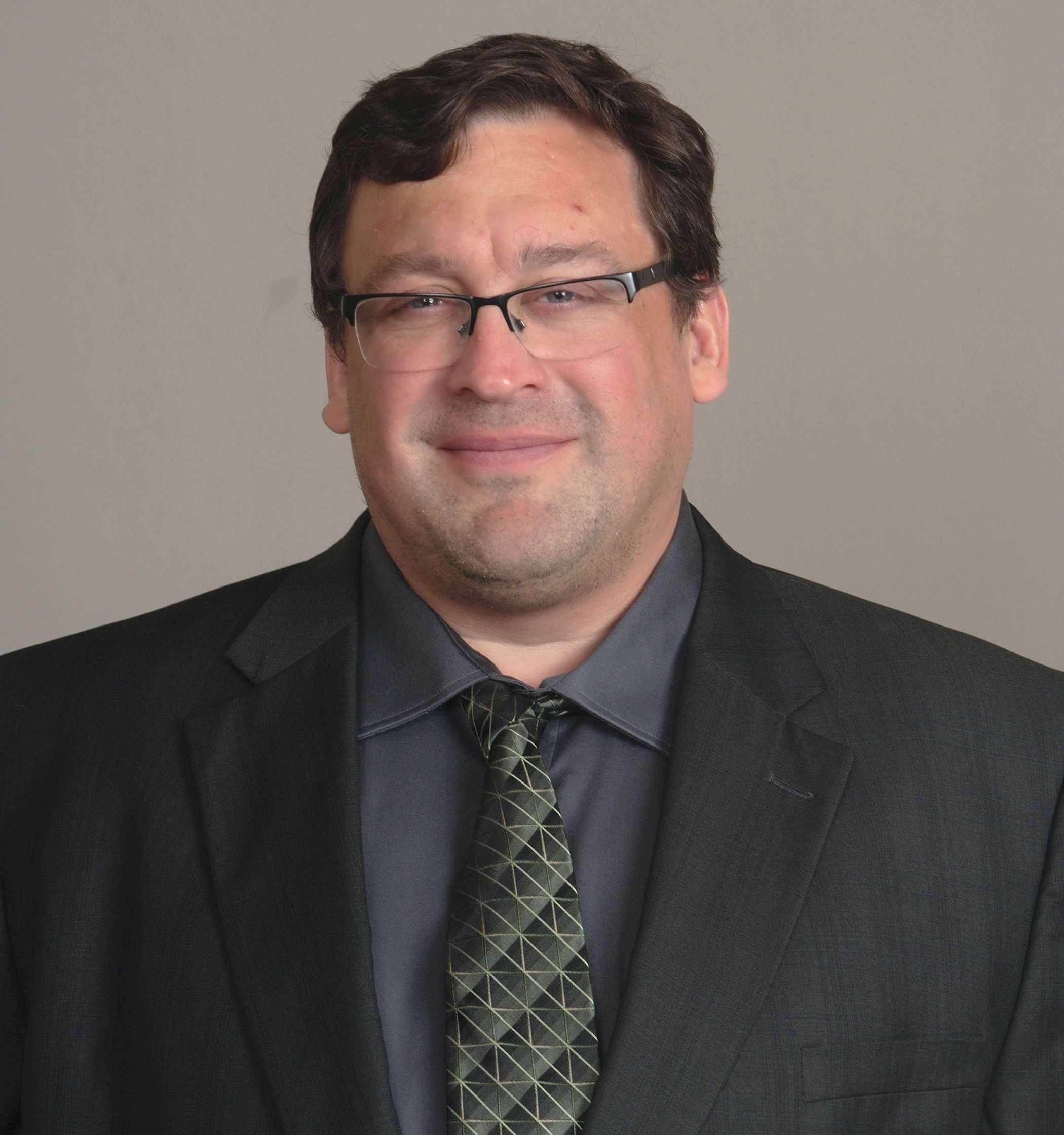2025
Predict, Prevent, Protect: Measles and COVID-19 Through the Lens of Mathematical Models

Professor
Center for Global Health
and Translational
Informatics Division
06/05/2025Objectives:
- To understand the role of mathematical models in predicting the spread of infectious diseases.
- To understand key concepts like the basic reproductive number, the effective reproductive number, and herd immunity.
- To understand key similarities and differences between COVID-19 and measles and how these should be incorporated into infectious disease models.
Biomedical Informatics: Science and Practice

Professor Emeritus
Texas A & M University
06/12/2025Objectives:
- To understand the scope of academic Biomedical Informatics research, education, and service.
- To become familiar with specialty areas within Biomedical Informatics and their relevance to biomedical research and clinical practice.
- To be aware of some of the critical limits, capabilities, and pitfalls of the use of mathematical modeling and software in biomedical research and clinical care.
Clinical Research Applications of AI: Successes, Opportunities, and Cautions

Director, Center for Biomedical Informatics and Biostatistics
Professor, Radiology and Imaging Science, Health Professions, Biomedical Informatics
University of Arizona
09/25/2025Objectives:
- To become familiar with the recent literature on the application of AI to clinical research.
- To Identify clinical research processes that have the most promise for improvement by the application of AI.
- Recognize potential pitfalls and biases inherent in the use of modern AI for Clinical Research.
2024
Using Artificial Intelligence to Accelerate Systems Thinking for Conflict Resolution and Change Management.

Interim Chief, Division of
Translational Informatics
CTSC Informatics Core
Lead, Professor
09/07/2024Objectives:
- Creativity emerges from conflict: learn how to frame and resolve a personal or organizational conflict with the “evaporating cloud” conflict resolution diagram.
- Understand the “resistance to change” allegory for evaluating the pros and cons of organizational change versus keeping the status quo from the perspective of multiple stakeholders.
- Learn how to use chatGPT templates to alleviate the congnitive effort of the above two processes to accelerate our capacity to consider win-win option for personal and organizational transformation.
Using Structured Knowledge for Casual Feature Selection.

Assistant Professor,
Division of Translational Informatics
Objectives:
- To define and understand confounding and selection bias and why addressing these is important.
- To answer why addressing confounding and selection bias is difficult (and what the limitations are of conventional approaches).
09/14/2024
- To grasp the importance of computional tools (from processing the biomedical literature with natural language processing and biomedical ontologies) for identifying cofounders and to gain an awareness of the limitations and concepts for mitigating these limitations.
Navigating Cellular Complexity in Disease through Advanced Computational Models.

Assistant Professor, UNM
Comprehensive Cancer
Center, Division of
Translational Informatics
Objectives:
- Learn how to detect cellular changes from single-cell data. Understand the limitations of current algorithms, specifically how they can produce false positives due to variations among individuals and cohorts.
- Learn a new computional framework designed to account for individual and cohort variations in single-cell data, thereby improving the accuracy of analysis.
09/21/2024
- Learn how the transcriptome-translator, similar to a Google Translator for genomics, can tackle major challenges in cancer treatment, such as tumor heterogeneity and health care disparities.
